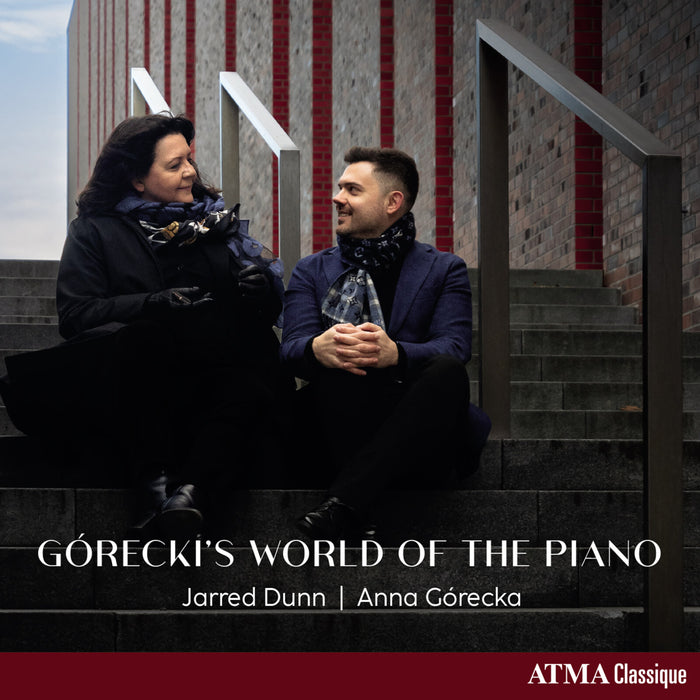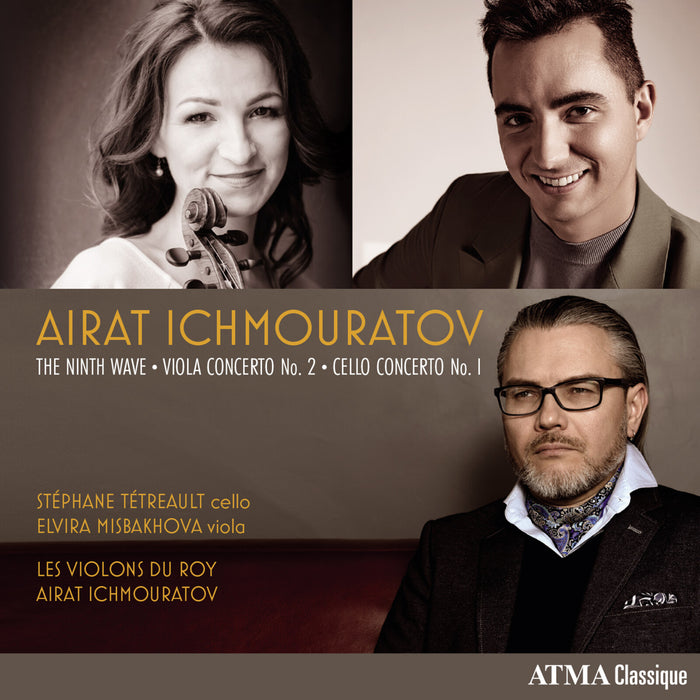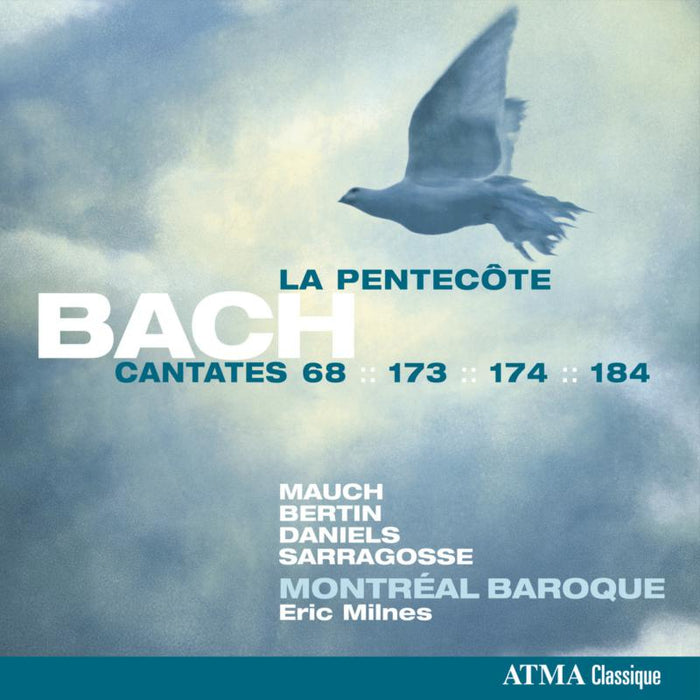Description
This is the eighth release in ATMA's project to record the sacred cantatas of J.S. Bach in conjunction with Festival Montréal Baroque. This cycle is performed in keeping with the latest scholarship on Bach's own performances, with the chorus sections sung by the four soloists, one voice per part.
Scandalized by the abuses of the Catholic clergy, on 31st October, 1517, the Augustinian monk Martin Luther posted his Ninety-Five Theses on the door of All Saints' Church in Wittenberg. The document condemned the selling of indulgences, advocated radical reforms, and set out his doctrine of justification by faith alone.
Every October 31 since the early 16th century, Lutheran communities have celebrated the Feast of the Reformation. In his role as cantor at the Saint Thomas church in Leipzig, Bach wrote two cantatas to be sung for the occasion: the first version of BWV 80, likely composed in 1723, and two years later BWV 79. Cantata BWV 76 was written for the second Sunday after Trinity, and the second part was offered to the church of Saint Paul for its Reformation celebrations in 1724, 1729, 1740, and 1745.
Montreal Baroque brings together some of Montreal's finest early music performers. The ensemble was created especially for the Montreal Baroque Festival, which has been held in June since 2003 in Old Montreal, with performance venues in churches, factories, and a warehouse that actually date back to the Baroque era. An initiative of cellist and gambist Susie Napper, the Festival offers a unique opportunity to hear music of the 17th and 18th centuries, performed by Canadian and international celebrities, in appropriate and unusual settings. In addition, educational activities seek to encourage current and future audiences to discover the many beauties of early music.
Helene Brunet - Soprano
Michael Taylor - Countertenor
Philippe Gagne - Tenor
Jesse Blumberg - Baritone
Montreal Baroque
Susie Napper












